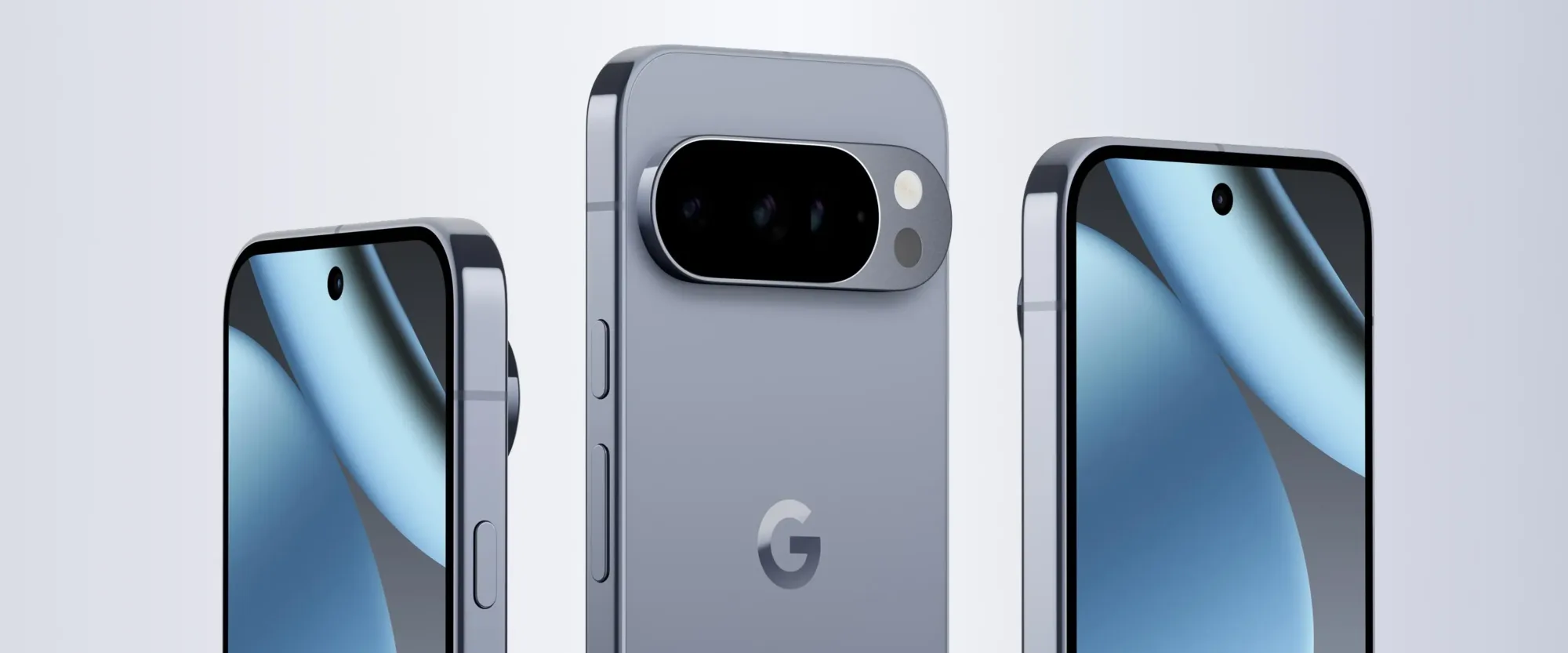Table of Contents
Introduction: A Smartphone Built on AI
The Pixel 10 AI Smartphone has arrived, and it’s already reshaping the conversation about what a phone can do. Google’s newest flagship device isn’t just an upgrade in hardware; it redefines the smartphone as a personal AI companion. From intelligent cameras and live translations in your own voice to MagSafe-style accessories, the Pixel 10 blends futuristic features with everyday usability.
But not every headline is celebratory. A controversial new battery management system has sparked debate, and Android Auto glitches are frustrating early adopters. Let’s take a closer look at how the Pixel 10 AI Smartphone changes the game—and where it stumbles.
Pixel 10 AI Smartphone: Google’s Vision of AI in Your Pocket
AI isn’t just a buzzword in the Pixel 10—it’s the backbone. Google has packed the device with features powered by its Gemini AI model:
- Magic Cue: A proactive assistant that offers suggestions tailored to your current task, such as summarizing emails or prepping you for meetings.
- Real-time translation: The phone can translate conversations instantly while reproducing your actual voice, making international chats feel personal.
- Smarter camera AI: From astrophotography to cinematic blur, the Pixel 10 AI Smartphone leverages machine learning to capture scenes with remarkable accuracy.
Unlike other phones that rely heavily on cloud connections, many of these features run on-device, reducing lag and boosting privacy.
Price, Models, and Availability
Google’s latest lineup is its most ambitious yet. The Pixel 10 AI Smartphone comes in multiple versions:
- Pixel 10 – starting at $799
- Pixel 10 Pro – starting at $999
- Pixel 10 Pro XL – starting at $1,199
- Pixel 10 Pro Fold – releasing later this year, price TBA
The devices officially launched on August 28, 2025, and are now available in major markets worldwide. This range reflects Google’s push to compete directly with Apple’s iPhone Pro line and Samsung’s Galaxy Ultra models.
Battery Health Assistance: A Controversial Innovation
Perhaps the most divisive feature of the Pixel 10 AI Smartphone is its Battery Health Assistance system. After 200 charging cycles, the phone automatically begins restricting maximum charging speed and voltage. After 1,000 cycles, the limits are even tighter.
The idea is to extend the battery’s long-term health—but Google doesn’t let users turn it off.
- Supporters argue it’s a necessary step toward sustainability, since most phone complaints stem from degrading batteries.
- Critics call it user-hostile, saying performance should be their choice, not Google’s.
For many, this feature will be a love-it-or-hate-it part of the Pixel 10 experience.
Pixel 10 AI Smartphone in Everyday Life: Standout Features

AI-Powered Camera
The Pixel series has long been known for its camera, but the Pixel 10 AI Smartphone takes things further. Highlights include:
- 100x AI-enhanced zoom for detail shots that rival professional lenses.
- Scene optimization that adjusts lighting, shadows, and exposure automatically.
- AI video tools including live stabilization and cinematic slow motion.
Reviewers are already calling it one of the best smartphone cameras ever produced.
Real-Time Voice Translation
Imagine talking to someone across the world in a different language and hearing your own voice translated on the fly. That’s now possible thanks to Google’s Gemini-powered translation tool. This isn’t just convenient—it’s groundbreaking for travel, business, and education.
MagSafe-Style Support
In a move that mirrors Apple’s MagSafe ecosystem, the Pixel 10 supports magnetic accessories like chargers, wallets, and stands. Compatibility isn’t perfect yet, but it signals Google’s interest in creating its own accessory market.
The Bumps: Android Auto Troubles
Not everything about the Pixel 10 AI Smartphone has been smooth. Early users are reporting significant issues with Android Auto:
- Freezing mid-drive
- Delayed responses from voice commands
- Occasional connection failures
Google has acknowledged the problems and is expected to issue a fix in upcoming software updates. Still, for commuters, it’s a frustrating setback at launch.
Pixel 10 vs. Apple: The AI Showdown
The smartphone rivalry is heating up, and the Pixel 10 AI Smartphone may be Google’s strongest challenge yet to Apple. Some iPhone users are even jumping ship.
One MarketWatch story highlighted a longtime iPhone user who switched to Pixel 10, citing Gemini AI’s capabilities as far superior to Siri. Even without the Apple Watch ecosystem, the user valued Pixel 10’s contextual AI insights—especially for health tracking and daily productivity.
This underlines a key theme: the smartphone war is no longer about screens or megapixels, but AI ecosystems.
Verdict: The Future, With Caveats
The Pixel 10 AI Smartphone delivers on its promise to redefine what a phone can be. AI isn’t an add-on—it’s the essence of the device. With an advanced camera, real-time voice translation, and MagSafe-style accessories, it sets a bold new standard.
Still, the controversial battery management system and Android Auto issues show Google is willing to gamble with bold choices, even if they risk backlash.
For anyone curious about the future of mobile AI, the Pixel 10 is both a glimpse of tomorrow—and a reminder that progress often comes with debate.
Official Google Pixel 10 Page: https://store.google.com/product/pixel_10
You may also interested in this article: iPhone 17 Lineup: Release Date, Specs, Features, and Rumors for 2025

